How All of Russian TV Became State-Controlled
Short biography of the freedom that never happened.




Kellyanne Conway, the advisor of Donald Trump and author of the term "alternative fact"
In 2017, the advisor to the U.S. President, Kellyanne Conway, was asked why the White House press secretary had lied about the attendance at Donald Trump’s inauguration. Conway responded that it was not a lie but an "alternative fact." This is a prime example of Doublespeak, which is widely prevalent in the media, advertising, and social networks.
Linguist William Lutz characterises Doublespeak in his book Doublespeak as follows:
"Doublespeak is a language designed to evade responsibility, make the unpleasant appear pleasant, the unattractive appear attractive; basically, it is a language designed to mislead while pretending not to."
William Lutz, linguist
For example:
But why do people engage in this? After all, if you call black white, it won’t become any whiter.
The danger of Doublespeak lies in its attempt not only to mask unpleasant phenomena but also to some extent alter their perception. It is known that language influences human thinking - scientists debate the extent of this influence. According to the theory of linguistic relativity, our thought processes are influenced by one’s native language, including its vocabulary. Thus, changing the language can change our thoughts.
This feature of human thinking is used by many, including the media in democratic countries. Sometimes, Doublespeak is used in advertising statements that are innocent at first glance. For example, in compositions of products, manufacturers often list:
and about 50 other euphemisms designed to disguise the presence of sugar.
And sometimes, Doublespeak becomes a powerful weapon in the hands of authoritarian regimes and dictatorships, such as Nazi Germany, USSR, and Putin’s Russia. Using their examples, we will examine how Doublespeak and Newspeak work and what makes it so dangerous.
In modern Russia, Doublespeak is commonly referred to as "Newspeak,” although these are two different concepts.
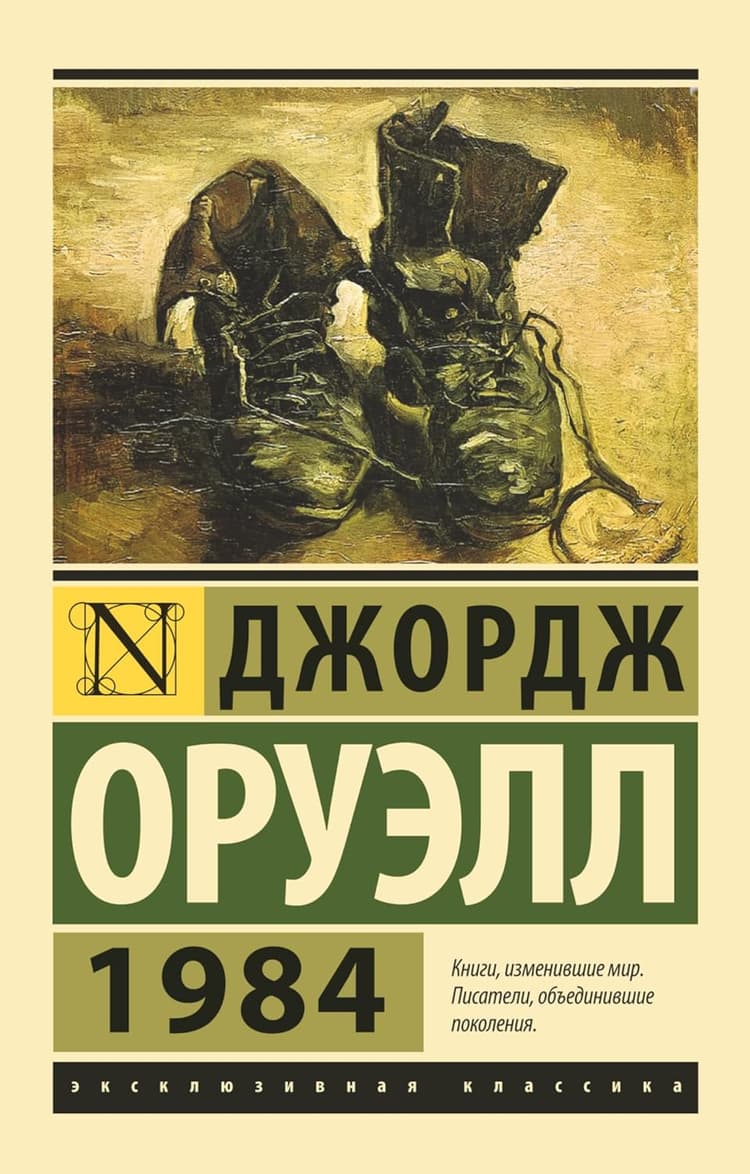
Cover of 1984, a novel by George Orwell
Newspeak, or "novoyaz" in Russian, is a fictional language created by the totalitarian state of Oceania in George Orwell’s novel 1984. Newspeak was inspired by the official documents of contemporary totalitarian regimes, such as the Third Reich and Stalinist USSR, observed by Orwell.
In the book, the ruling party of Oceania invented Newspeak to prevent people from committing "thoughtcrime"—thinking something contrary to the party’s ideology. To narrow the boundaries of human thought and deprive people of the ability to operate with abstract concepts like "free will," the ruling party simply removed these concepts from the language. Newspeak is described as "the only language in the world whose vocabulary gets smaller every year," as words expressing ideologically incorrect ideas, such as freedom, equality, revolution, rationalism, and objectivity, are systematically eliminated.
However, the ruling party of Oceania didn’t merely eliminate ideologically incorrect words—Newspeak differs grammatically from old English. This is the main distinction between Newspeak and Doublespeak.
Doublespeak is a tendency to use truth-obscuring words in our everyday language. In his book Doublespeak, William Lutz identified four types of Doublespeak:
Newspeak, on the other hand, is a separate language with its own grammar rules and lexicon, created to serve the needs of the ruling party. The grammar and vocabulary of Newspeak are simplified to the maximum extent, making it suitable only for everyday needs and unsuitable for philosophical contemplation on abstract topics. After all, such reflections can lead people to dangerous oppositional thoughts.
While the original meaning of the term "Newspeak", coined by George Orwell, presupposed a kind of new language, later, this term began to be used in a broader sense, including its use to refer to "Doublespeak." In practice, political regimes may use “Doublespeak” and “Newspeak” in combination.
For instance, although in reality, Russian propaganda did not invent a fully new language, in the context of contemporary Russian journalism, social media, and spoken language, "Newspeak" is a well-established expression used to describe bureaucratic phrases that erase the original meaning of words.
In his essay The Status of Linguistics as a Science, linguist and anthropologist Edward Sapir writes:
Language is a guide to social reality... Human beings do not live in the objective world alone... but are very much at the mercy of the particular language which has become the medium of expression for their society.
Edward Sapir, linguist and anthropologist
The power of words is immense: we use them to describe the reality in which we exist, and our perception of this reality is largely shaped by words and their meanings. People associate specific ideas and images with particular words. Therefore, to evoke a more positive reaction and create a more positive image for a phenomenon, sometimes it may be enough to come up with a new word for it.
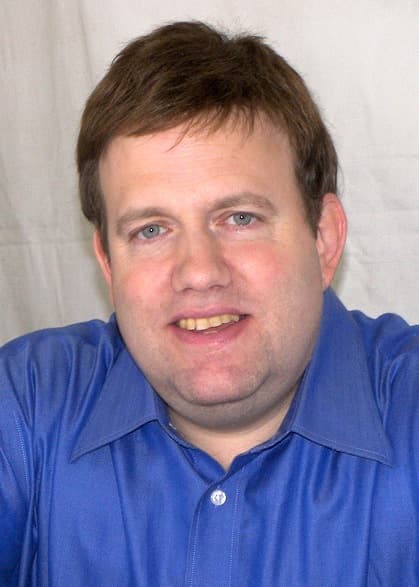
Frank Luntz, american political consultant coining terms climate change and death tax
For example, the industry of gambling can be called the "gambling industry," or it can be called the "gaming industry". Formally, both are correct, as gambling is still a form of gaming. However, these words evoke different images: "gambling" is associated with risk, debt, and gaming addiction, while "gaming" is associated with fun entertainment for the whole family.
Some people even specialise in helping their clients choose words that will better sell their product, change public opinion on an issue, or a candidate. For instance, American political consultant Frank Luntz came up with using the term "climate change" instead of "global warming" to make environmental discussions sound less threatening. He also coined the term "death tax" instead of "estate tax" to, on the contrary, instil fear in voters and generate more negativity towards the tax.
All of this makes Doublespeak an ideal weapon of propaganda. It helps shape the reader’s "correct" attitude toward a particular issue, situation, or problem. Linguist Noam Chomsky and economist Edward S. Herman, in their book Manufacturing Consent: the Political Economy of the Mass Media, write that propaganda in American media often employs a technique reminiscent of Orwellian Doublespeak—double standards in news coverage. For example, the use of state funds by the poor and financially needy is often referred to as "social welfare" or "handouts," which the "coddled" poor "take advantage of". However, these terms are not as frequently applied to other recipients of government funds, such as the military.
Moreover, Doublespeak is an excellent way to avoid telling the truth directly, without fear of being caught in a lie. Choosing words carefully allows one to conceal inconvenient facts or even completely change their meaning. Even seemingly precise numbers and statistics can be interpreted differently. Scientists and politicians gather data that support their arguments and then use ambiguous formulations to avoid outright falsehood. Edward S. Herman dedicated a book, Beyond Hypocrisy, to this topic. There, he writes:
What is really important in the world of Doublespeak is the ability to lie, whether knowingly or unconsciously, and to get away with it; and the ability to use lies and choose and shape facts selectively, blocking out those that don’t fit an agenda or program.
Edward S. Herman, author of book Beyond Hypocrisy
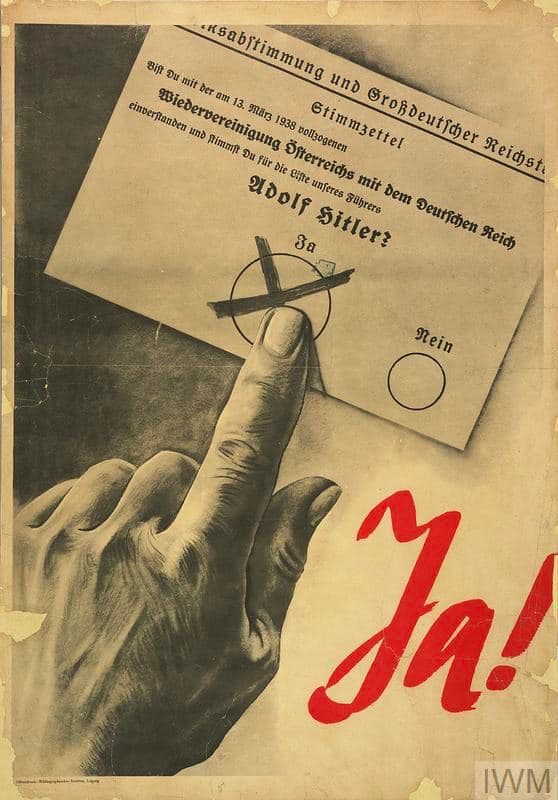
Anschluss Poster, 1938
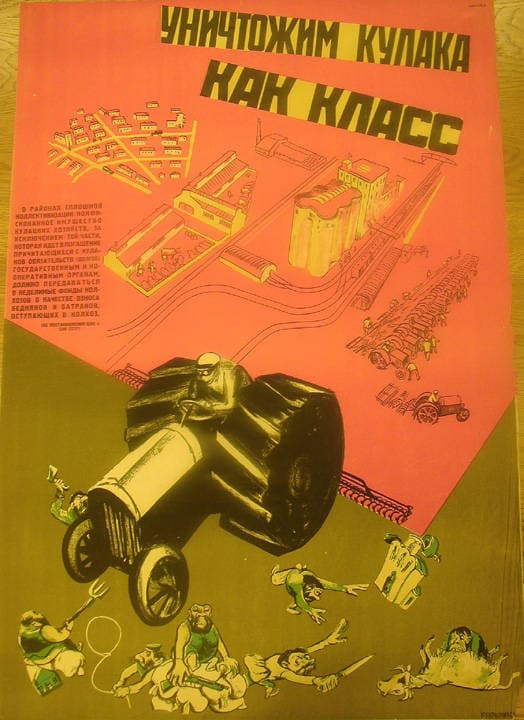
"We will destroy the kulaks" - Soviet propaganda poster from 1930s
In modern Russia, yet another flavour of Newspeak began to emerge after Vladimir Putin came to power. One of the earliest and most vivid examples is the sinking of the submarine "Kursk" in 2000, which sank due to the accidental explosion of a torpedo. At that time, the Russian Navy commented that the submarine had "settled on the seabed". When the submariners could still have been saved, authorities claimed they had established communication with the crew, although in reality, they only heard an SOS signal emanating from the submarine. In the end, the entire crew perished.
Since then, and to this day, the main purpose for which Russian authorities use Newspeak has been established:
According to the investigation by Meduza, the press services of Russian government departments coordinate all information occasions with the president’s administration and use the so-called "favoured regime": the focus on good news, while the bad is veiled. For every nine pieces of good news, there is one about some "gas clap"—the term authorities use for explosions.
Newspeak fully unfolded after Russia’s annexation of Crimea in March 2014—which Russian propaganda calls not an annexation but:
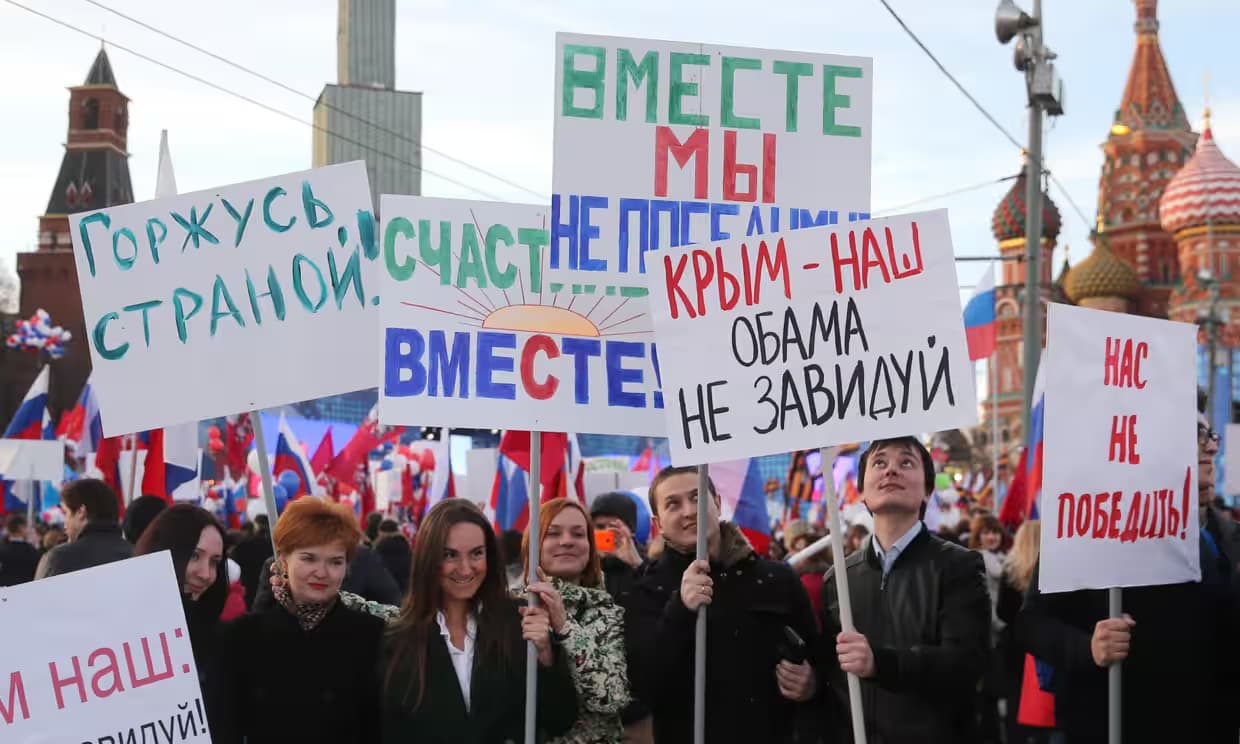
People celebrating a year of annexation of Crimea. Posters say, from left to right: "I'm proud of my country", "Happy together", "Together, we're undefeatable", "Crimea is ours. Obama, don't be jealous", "We'll never be defeated." Photograph: Fadeichev Sergei/Itar-Tass Photo/Corbis
providing another example of Newspeak. Since 2014, Newspeak has dominated Russia’s official state rhetoric: pro-government media, political speeches, official documents, and statements from state agencies and government departments.
Until 2022, Newspeak was primarily used by the authorities and pro-government media. However, after the start of the war in Ukraine, the population also adopted it. Many people in Russia don’t call war a war because it’s forbidden. Using the word "war" not only leads to media censorship but also triggers administrative and criminal cases. Therefore, instead of the word "war," many write and say "SVO"—"special military operation." This is how Russian authorities refer to the war in Ukraine.
There are double standards in the use of Newspeak: ordinary people are required to say "SVO" instead of "war," while propagandist Margarita Simonyan can say "war" instead of "SVO" in a live broadcast, and face no consequences.
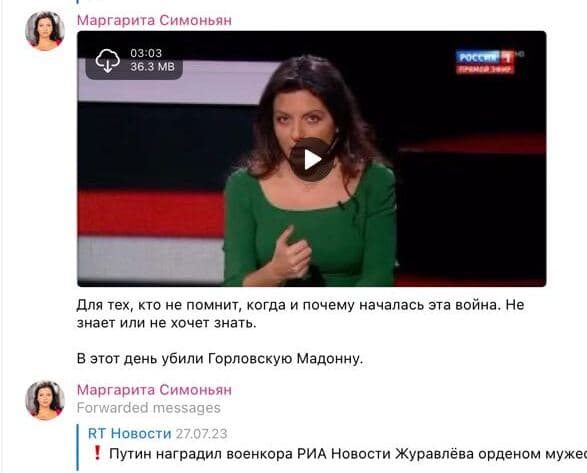
Screenshot from Telegram of Margarita Simonyan, russian propagandist, that says: [This video is] for those who forgot, don't know or don't want to know why this war has started.
In modern Russian Newspeak, several thematic groups can be distinguished.
Originally conceived as a propaganda tool, Newspeak is often played ironically and used as a means of resistance. Jokes about the euphemism "clap" ("explosion") are especially popular, based on the fact that, in Russian, it sounds similar to the word "хлопок" (cotton). And when a pro-government figure dies, it is said that they "negatively survived."
Moreover, Russian Newspeak has become a subject of humour in Ukraine.
Dieser Artikel wurde noch nicht ins Deutsche übersetzt. Wir suchen nach Freiwilligen, die uns dabei helfen können.
Short biography of the freedom that never happened.

In part 1 we've covered the state position to economy. What is the stand of the public?
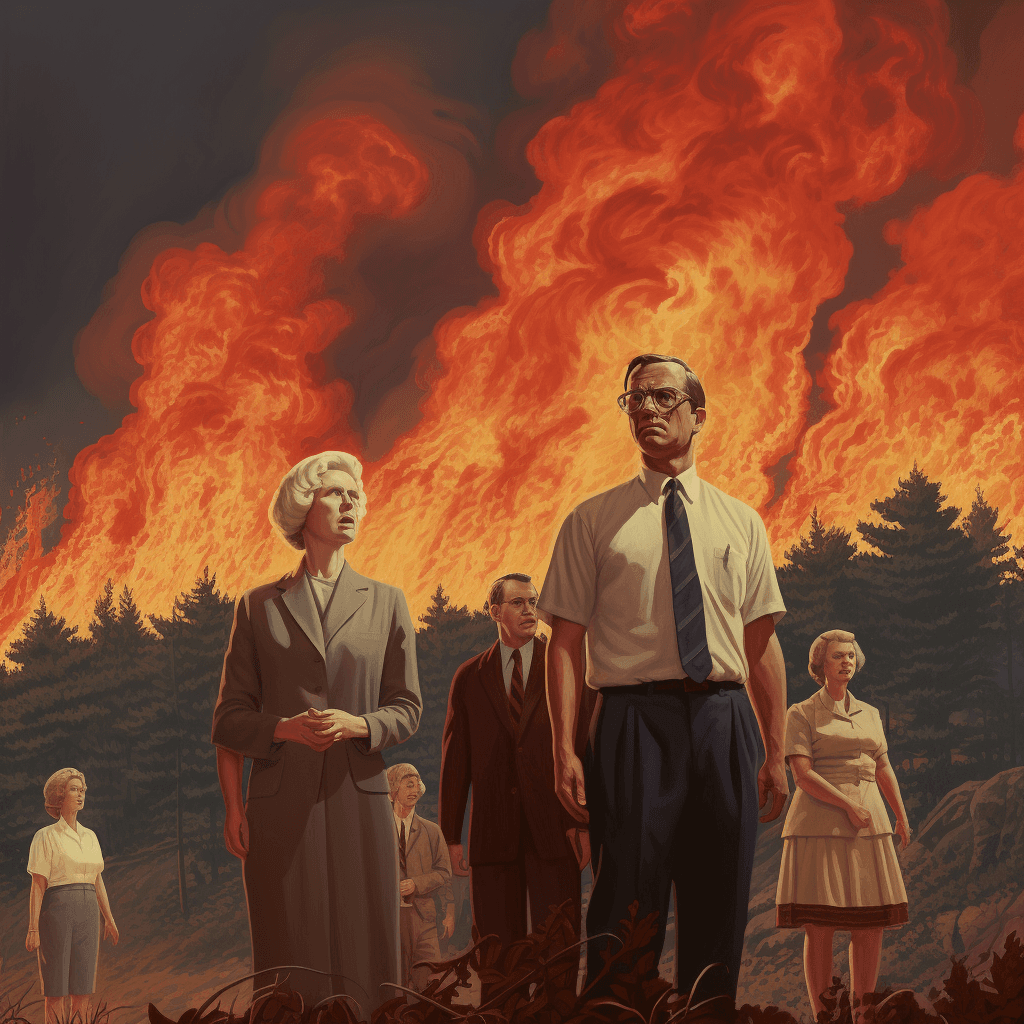
Having just been released from total state control during the Soviet era, the Russian cinema industry became dependent on state support once again. As they say, 'he who pays the piper calls the tune.' Were there ever any alternatives?
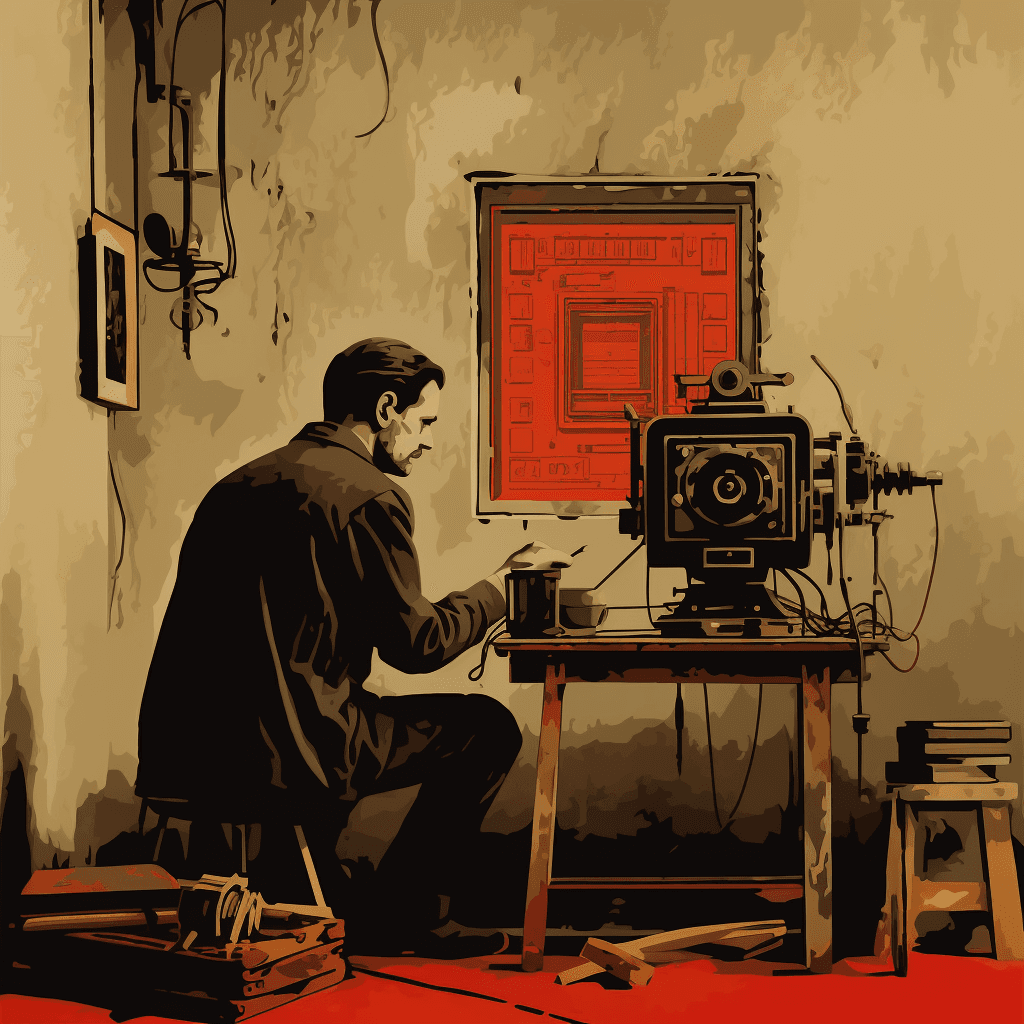
Unsere Medienplattform würde ohne unser internationales Freiwilligenteam nicht existieren. Möchten Sie eine_r davon werden? Hier ist die Liste der derzeit offenen Stellen:
Gibt es eine andere Art wie Sie uns unterstützen möchten? Lassen Sie es uns wissen:
Wir berichten über die aktuellen Probleme Russlands und seiner Menschen, die sich gegen den Krieg und für die Demokratie einsetzen. Wir bemühen uns, unsere Inhalte für das europäische Publikum so zugänglich wie möglich zu machen.
Möchten Sie an den Inhalten von Russen gegen den Krieg mitwirken?
Wir wollen die Menschen aus Russland, die für Frieden und Demokratie stehen, gehört werden lassen. Wir veröffentlichen ihre Geschichten und interviewen sie im Projekt Fragen Sie einen Russen.
Sind Sie eine Person aus Russland oder kennen Sie jemanden, der seine Geschichte erzählen möchte? Bitte kontaktieren Sie uns. Ihre Erfahrungen werden den Menschen helfen zu verstehen, wie Russland funktioniert.
Wir können Ihre Erfahrungen anonym veröffentlichen.
Unser Projekt wird von internationalen Freiwilligen betrieben - kein einziges Mitglied des Teams wird in jeglicher Weise bezahlt. Das Projekt hat jedoch laufende Kosten: Hosting, Domains, Abonnements für kostenpflichtige Online-Dienste (wie Midjourney oder Fillout.com) und Werbung.




Russland hat den Krieg gegen die Ukraine angefangen. Dieser Krieg dauert schon seit 2014 an. Er hat sich seit 24. Februar 2022 nur noch verschärft. Millionen von Ukrainern leiden. Die Schuldigen müssen für ihre Verbrechen zur Rechenschaft gezogen werden.
Das russische Regime versucht, die liberalen Stimmen zum Schweigen zu bringen. Es gibt russische Menschen, die gegen den Krieg sind - und das russische Regime versucht alles, um sie zum Schweigen zu bringen. Wir wollen das verhindern und ihren Stimmen Gehör verschaffen.
**Die russischen liberalen Initiativen sind für die europäische Öffentlichkeit bisweilen schwer zu verstehen. Der rechtliche, soziale und historische Kontext in Russland ist nicht immer klar. Wir wollen Informationen austauschen, Brücken bauen und das liberale Russland mit dem Westen verbinden.
Wir glauben an den Dialog, nicht an die Isolation. Die oppositionellen Kräfte in Russland werden ohne die Unterstützung der demokratischen Welt nichts verändern können. Wir glauben auch, dass der Dialog in beide Richtungen gehen sollte.
Die Wahl liegt bei Ihnen. Wir verstehen die Wut über die Verbrechen Russlands. Es liegt an Ihnen, ob Sie auf das russische Volk hören wollen, das sich dagegen wehrt.